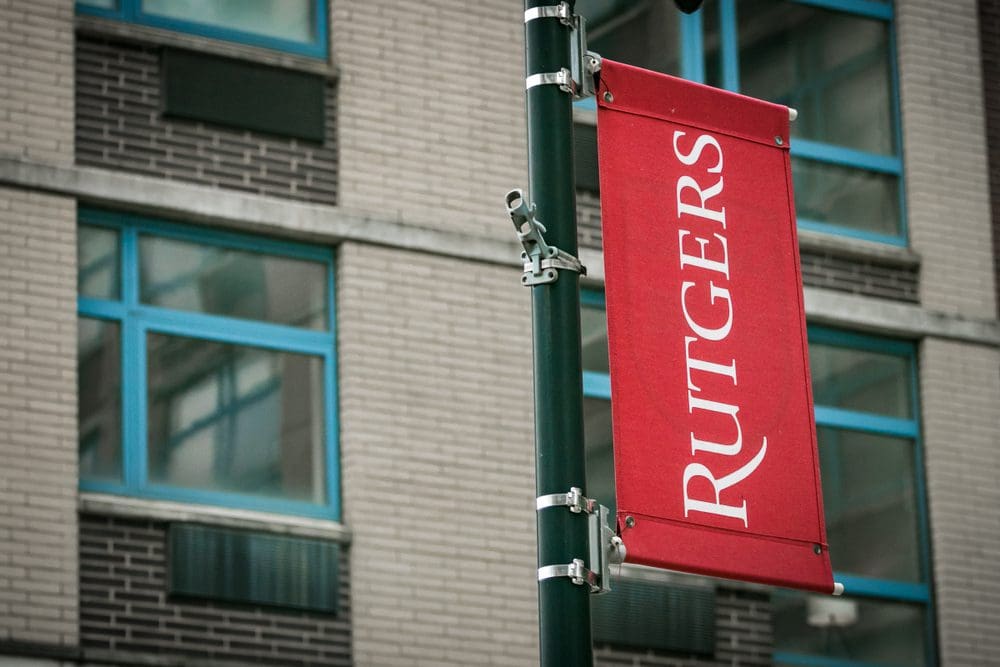Rutgers University, which was recently named a top school in the nation, is facing pending challenges between the administration and its staff. The Rutgers University Senate voted no confidence in University President Jonathan Holloway after a year of disagreements and controversy.
The decision, with 89 votes in favor and 47 against, comes in the wake of challenges between the faculty and the administration. In voting no confidence, the senate has urged Holloway to apply a shared governance approach to future decisions, which implies a collaborative effort between administration, faculty, staff and students.
Part of the feud between Holloway and faculty led to a strike last spring at the university. During this strike, Holloway had considered the possibility of seeking an injunction to compel faculty members to resume their classes.
In the summer of 2022, union contracts for thousands of Rutgers workers in New Brunswick, Newark, and Camden expired. By April of this year, the Holloway administration was still not meeting the demands of graduate student workers, full-time faculty, and others. They were seeking higher wages, fairer pay for lecturers compared to other faculty, job security for lecturers, a freeze on rent for faculty and students, and other changes.
To secure their new contracts, it took a one-week strike, which marked the first faculty strike in Rutgers’s long history dating back to 1766, and the intervention of the New Jersey governor
“The @RutgersU senate on Friday voted no confidence in president Holloway, following several controversial decisions in recent months, including the ouster of the Newark campus chancellor & the planned merger of the university’s two medical schools…”https://t.co/vvUfA4D7O1
— Rutgers AAUP-AFT Academic Worker Union (@ruaaup) September 23, 2023
In July, the Senate’s executive committee passed a no-confidence resolution because President Holloway and the university’s Board of Governors disregarded their plea to delay a vote on merging the medical schools in Newark and New Brunswick. This merger announcement faced opposition and raised concerns among the medical faculty and their trade union.
In August, Holloway announced that Nancy Cantor, who had served as Newark’s chancellor for 10 years, would not be staying on in her role for 2024. Cantor stated it wasn’t her choice to depart. However, Rutgers officials didn’t provide clear answers to the questions from faculty and the community about why they were making this change, despite Cantor’s apparent popularity.
The no confidence vote came in response to all of these instances and more. As it stands, the Rutgers senate is merely an advisory committee, which is composed of students, alumni and various faculty members.
Some members of the senate criticized the decision, citing that it would only lead to a prolonged divide between the two bodies. However, a majority of the faculty clearly disagrees, feeling this new approach might force Holloway’s hand.
It is worth pointing out that the vote does not ask for Holloway’s resignation—instead, it is an attempt to get the President to respond to their ideas for change.
Holloway has yet to respond to the vote.
About the Author/s
Peter Candia is the Food + Drink Editor at New Jersey Digest. A graduate of The Culinary Institute of America, Peter found a passion for writing midway through school and never looked back. He is a former line cook, server and bartender at top-rated restaurants in the tri-state area. In addition to food, Peter enjoys politics, music, sports and anything New Jersey.
